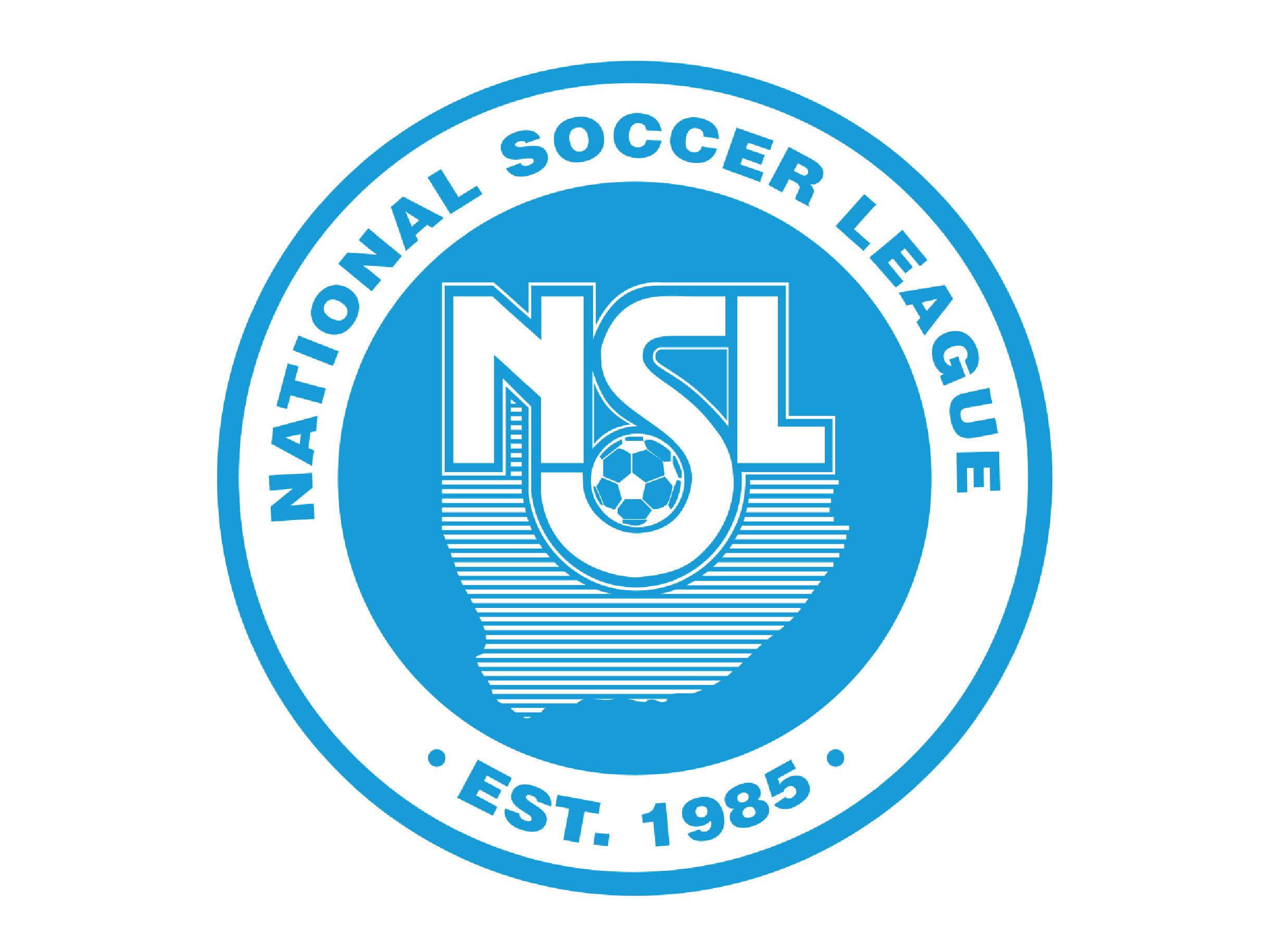INTEREST: Social media crazy, high-flying bosses must heed the truism, that it’s not about them but about preserving traditions of clubs they buy…
It’s about time that people who have the interest of our much-admired National Soccer League (NSL) at heart flushed out the bad elements tainting the image of our professional game.
Emotions aside, we cannot continue to tolerate people joining the NSL’s Premier Soccer League (PSL) division in the name of oft-professed mantra, “doing it for the love of football,” when the truth is about self-promotion, self-interest and to be seen “to have arrived” – primarily to beef-up some “following” in the social media space.
And all this is happening at the expense of rich histories and traditions of cherished clubs, which are dumped into the dustbin at the drop of a hat, breaking hearts of loyal fans while subjecting communities to more poverty since the clubs’ supply chains which provide livelihoods to local small business are instantly uprooted and relocated elsewhere.
This, sadly, is the fate of much-loved Bloemfontein Celtic. This is the cruel blow that has left a football-proud community in rage and pain, as if the relegation axe that chopped the team in 2001 was not hurting enough, though the Free State club bounced back into the elite league during the 2004/5 season.
For its part, the NSL hierarchy undoubtedly followed the rules to the letter, when approving the sale of Phunya Sele Selele between desperate seller Max Tshabalala and purchaser businesswoman maMkhize (Shauwn Mkhize).
All things considered, including constitutional rights, the NSL rule book, and whatever may be mentioned to justify the transaction, this is one of those purchases that should not have been allowed.
This is especially important if that sanctity of the African culture, which implores us to respect the wishes of the departed, was considered before the NSL entertained the offer to purchase. Never mind the spiritual owners of a club, namely Siwelele (supporters) in this case.
Here is a bit of Celtic’s history to consider: when a reluctant Molemela was asked by the club’s founding partners, Norman Mathobisa and Victor Mahatanya, to take ownership of the club, he wisely took time to come to a decision.
But, after some convincing, “The Whitehead”, agreed to take over the club – all for the sake of the local community, from whom he already enjoyed adulation for being a reliable and trusted building construction owner. However, he was strictly told not to make a mistake of selling the club to anyone outside Bloemfontein.
Likewise, when Celtic became a financial burden to Molemela, he similarly asked prospective buyer Jimmy Augosti never sell it away from its support base. Augosti then sold it to Bloemfontein’s born-and-bred son, Tshabalala, who also played for Celtic’s junior teams and was therefore deemed fit to follow the club’s traditions.
The NSL, which fans duly laud for being the most considerate organisation for providing fans with affordable entertainment, certainly needs to do something with regard to club sales, unless it finds itself lambasted for ill-considered decisions.
Touchline Musings would like to suggest the following:
• NSL affiliates must change rules to allow club purchasers to be free to buy, irrespective of where they are based, as is the case now;
• Clubs should henceforth be treated as fixed assets, almost immovable assets;
• Supporters must somehow also be given a chance to have a stake, something absolutely important in the event of the club being up for sale.
Steve Horowitz, a partner in a New York-based “boutique investment bank” that has helped some people outside countries such as England and Italy to purchase clubs from those countries unhindered by local supporters, as is the case with Liverpool and Inter Milan, seems to have solutions for us to eradicate the madness of club sales.
Without suggesting that the NSL should engage Horowitz, the league should seriously consider workshopping affiliates on this crucial matter, which is tainting its image in a hurting way.
Says Horowitz in an interview with forbes.com: “We want owners to be happy at closing, a year later and five years later (after purchasing a particular team). They may not always win, but we don’t want unanticipated surprises from the business.
“We tell people every day of their responsibility: ‘The supporters own the club. It’s not your club; you’re just the custodian. You need to leave the club in a better place than it is now’. The great owners understand this.”
Molemela, who was still alive when Tshabalala took charge of Phunya Sele Sele, as quoted in the book Dance Siwelele, had reacted this way: “Jwale Celtic e khutletse habo yona (Celtic is back where it belongs now).”
Lest we forget, last week when we tried to solicit a comment from Tshabalala, he curtly said: “I am not granting interviews…”
# Molefi Mika, is author of two non-fiction books: Resilient Ntate Molemela and Dance Siwelele.































